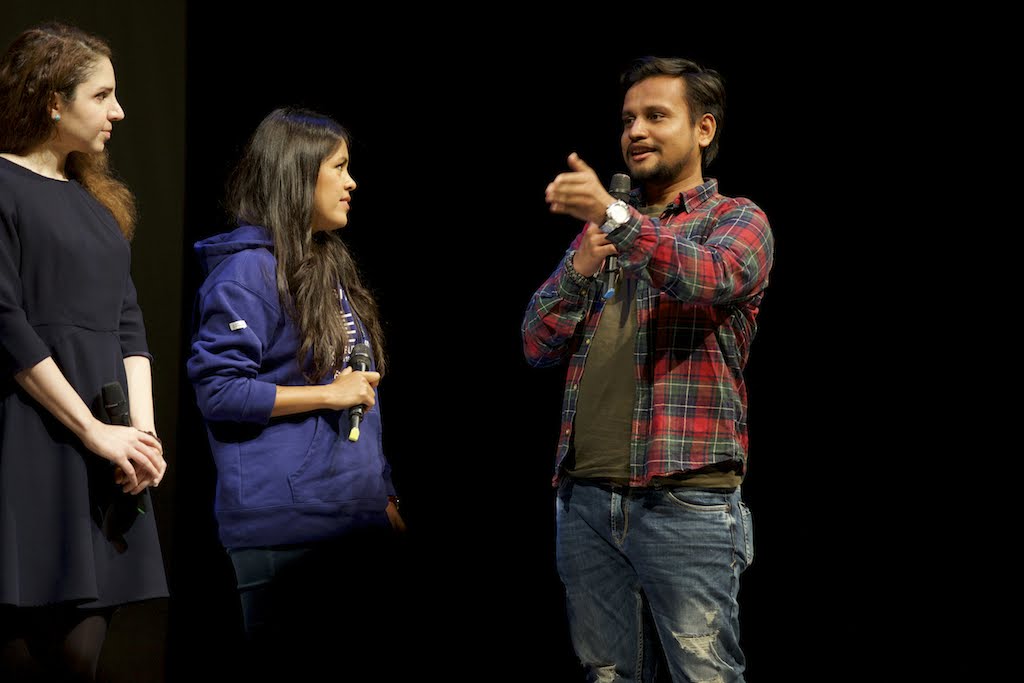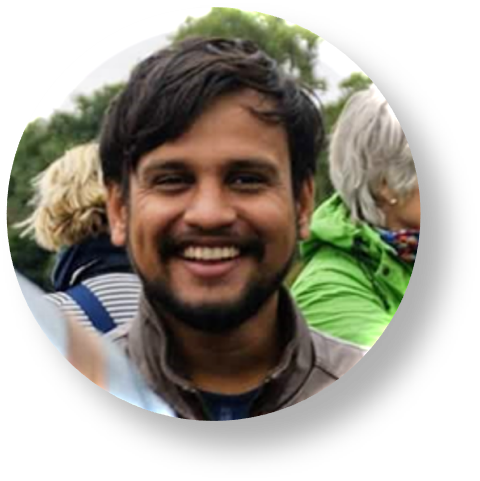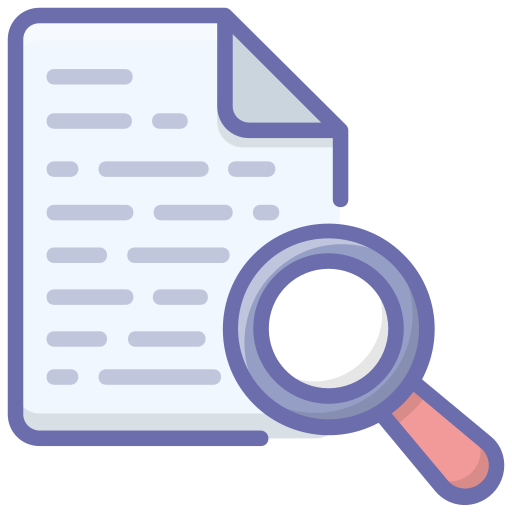|
I feel my self, eligible to answer this question as I am about to finish my Master soon in German taught Program. Currently writing my thesis in a reputed German firm. Trust me it’s not at all Hard to do Master in German taught Course if you are ready to take language as the medium of education rather than taking it as a hurdle between you and the master’s content. I did my bachelor study in India, in English taught course though being in Gujarat, we were using Hindi or Gujarati to make concepts of engineering clear, though all Exams need to be in English orally or Written. My schooling was done in my mother tongue Gujarati. Now from such a background, it seems difficult to study in a German taught-course, as we have never tried it before, so we try to avoid it. I started basic A1 classes in India and get A1 Certificate so it can help me getting visa acceptance easier. Then I did an intensive German language Course in Berlin. At that time my focus was only to get the required language certificate, so it was kind of full time only for the German language. In that way, I was able to get the Telc C1 and TestDaf in around 8–9 Months. ( You need only one of these, Goethe C2, Telc C1 Hochschule, TestDaF (4*4) or DSH 2) So as I began my study at HAW Hamburg being only Indian or you can say the only Foreigner, it was difficult to understand what’s going on around me. It’s not because of language it was the method of teaching which is a little bit difficult as an Indian to digest. Classes are having a duration of 1 hour 30 minutes and there will be 2 sessions per subject on its day. That means you learn at very rapid speed, so many things need to be done by yourself at home. Being at Hochschule you have to submit reports, perform experiments, and present the content of your work. No written exams for many subjects. This way you don’t need to mug up all the content if you can explain it in your broken German, that’s enough. No Negative markings if you make some grammatical mistakes. Grades will be based on your performance for those subjects, not your language skills. One thing one needs to work on technical words but if you take those technical terms as new words, rather than translating it to English. You understand the meaning in the German language itself would be better. Similarly, I have done it in my Bachelors, similar migration from mother-tongue schooling to English engineering universities. This will make things easier than all-time using unreliable translation apps or sites. HAW HAMBURG Erstsemester Begrüßung | International Students | HAW HAMBURG | Ankit Sheladiya | Now I didn’t find it hard presenting in German or also writing exams in German as I invested 9 months before and also language can be improved along the semester, so it will always improve assuming being in Germany. The benefits of studying in German-taught courses can be seen while finding internships and jobs. As most of the management level or HR head are native and they require at least a basic understanding of the German language. Here you will get the advantage of all other applicants as your fluency level will be higher and you can express your skills better. Summary: It’s not hard at all but needs to work on language. It will also open a big rich job market for you in Germany as well as in the world. For Master 3 semester is not that Hard, I have seen many who did their bachelors also in German taught, so it’s doable from every aspect if you are open to a widely growing language without being afraid of its difficulty level. All the best #Edit1 I finished my master degree in automotive engineering (M.Sc Fahrzeugbau) in August 2019 and started working from 1st November 2019 with a leading engineering services provider in Germany. If I can finish a course in German taught program, I don't think it's impossible for others. |
Ankit
|





 RSS Feed
RSS Feed
